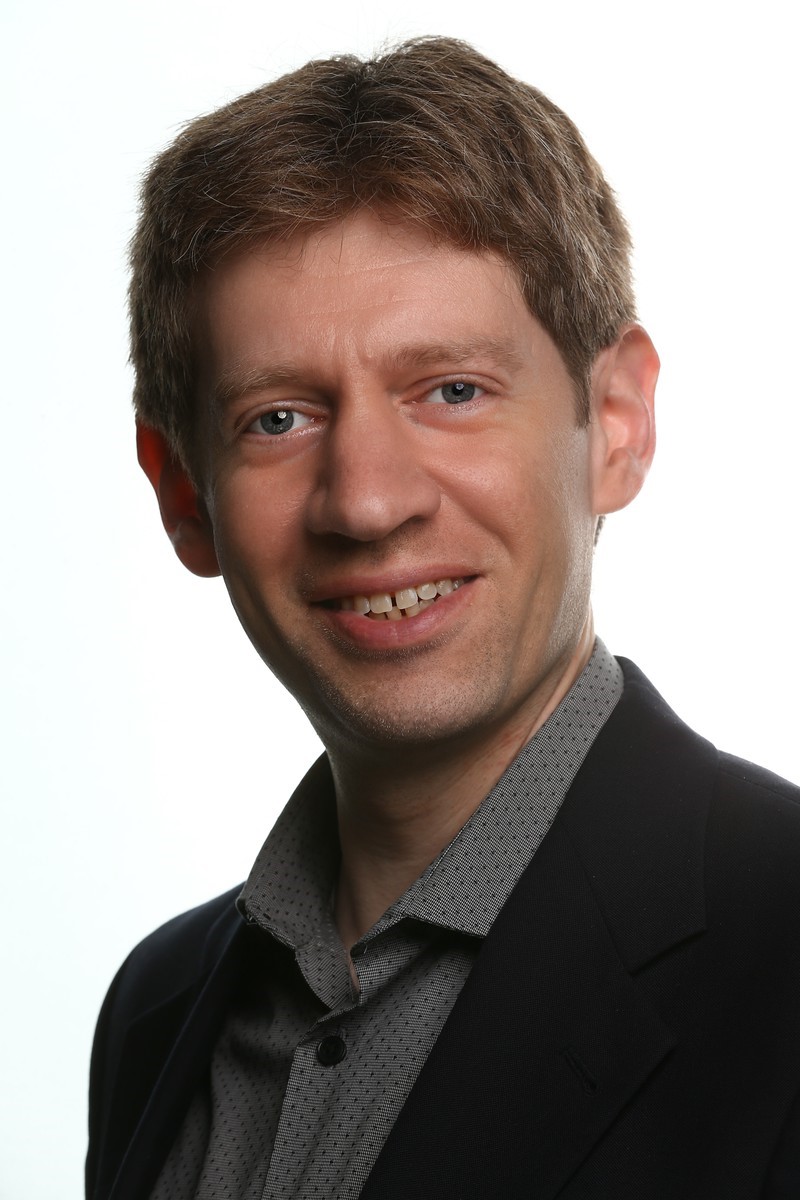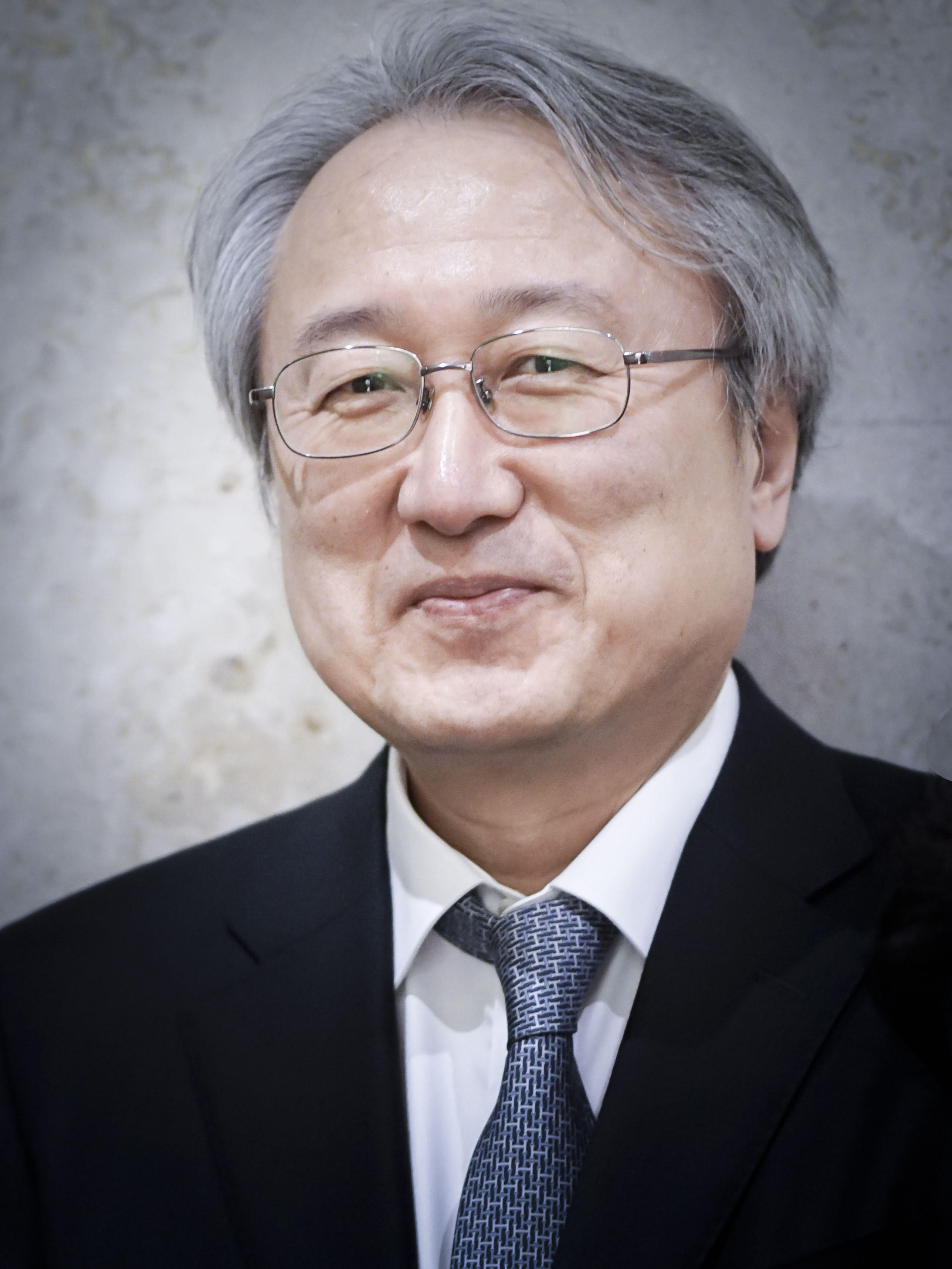Program at a glance
| September 17 | September 18 | September 19 | |
| 10:00-10:30 | Oral Session 1, 2, 3, 4 | Poster Q&A Session | |
| 10:30-11:00 | |||
| 11:00-11:30 | Break Time | Closing Sesssion | |
| 11:30-12:00 | Oral Session 5, 6, 7, 8 | Lunch Break | |
| 12:00-12:30 | |||
| 12:30-13:00 | Lunch Break | ||
| 13:00-13:30 | |||
| 13:30-14:00 | |||
| 14:00-14:30 | Oral Session 9, 10, 11, 12 | Board Meeting | |
| 14:30-15:00 | |||
| 15:00-15:30 | Opening Session | Break Time | |
| 15:30-16:00 | Keynote 1 | Oral Session 13, 14, 15, 16 | |
| 16:00-16:30 | |||
| 16:30-17:00 | Break Time | Break Time | |
| 17:00-17:30 | Keynote 2 | Oral Session 17, 18, 19, 20 | |
| 17:30-18:00 | |||
| 18:00-18:30 | Best Paper Award Ceremony |
Program on September 17
| Tamra Hall (Link #1) | ||||
| 15:00-15:30 | Opening Session | |||
| 15:30-16:30 |
Keynote Session 1: Open-Endedness: Beyond Today's AI by Dr. Kenneth Stanley |
|||
| 16:30-17:00 | Break Time | |||
| 17:00-18:00 |
Keynote Session 2: Challenges and Opportunities in Brain-Computer Interfaces by Prof. Seong-Whan Lee |
|||
Keynote Session 1

|
|
-
Abstract
An open-ended process continues to invent, discover and innovate forever. Ideally, the artifacts of such a process also become increasingly complex and interesting over time. While open-endedness is certainly an aspect of human intelligence, featuring prominently in traits like creativity and invention, it is also evident in nature outside any form of conventional intelligence, such as in the evolution of life on Earth. In this way, open-endedness is both an essential property we hope to achieve in AI, but also an aspect of our reality that goes beyond AI as it emerges in natural processes. In fact, just as our intelligence is a product of evolution on Earth - an open-ended process - so might such a process ultimately be necessary to achieve strong AI.
-
Short Bio
Kenneth O. Stanley leads a research team at OpenAI on the challenge of open-endedness. He was previously Charles Millican Professor of Computer Science at the University of Central Florida and was also a co-founder of Geometric Intelligence Inc., which was acquired by Uber to create Uber AI Labs, where he was head of Core AI research. He received a B.S.E. from the University of Pennsylvania in 1997 and received a Ph.D. in 2004 from the University of Texas at Austin. He is an inventor of the Neuroevolution of Augmenting Topologies (NEAT), HyperNEAT, novelty search, and POET algorithms, as well as the CPPN representation, among many others. His main research contributions are in neuroevolution (i.e. evolving neural networks), generative and developmental systems, coevolution, machine learning for video games, interactive evolution, quality diversity, and open-endedness. He has won best paper awards for his work on NEAT, NERO, NEAT Drummer, FSMC, HyperNEAT, novelty search, Galactic Arms Race, POET, and MCC. His original 2002 paper on NEAT also received the 2017 ISAL Award for Outstanding Paper of the Decade 2002 - 2012 from the International Society for Artificial Life. He is a coauthor of the popular science book, "Why Greatness Cannot Be Planned: The Myth of the Objective" (published by Springer), and has spoken widely on its subject.
Keynote Session 2

|
-
Abstract
Brain-computer interface (BCI) is a technology that controls external devices such as robot arms and robot legs by converting brain signals into computer commands. This technology, along with artificial intelligence (AI), is considered future technologies that will lead the fourth industrial revolution. Recently, global AI companies such as Facebook and Tesla have been developing technologies to commercialize BCI technology based on a large amount of capital and there is a growing interest in BCIs worldwide. In this talk, I will introduce a fundamental concept and the principle of BCI, along with the recent advances in BCI research at Korea University such as exoskeleton robot control, wheelchair control, and neuro-driving based on BCI. Additionally, we are performing various research, utilizing BCI technology, to detect the levels of consciousness for anesthesia and sleep, and to develop intuitive communication based on imagined speech. Also, we developed various machine learning techniques to increase the accuracy of classifying the user’s intentions. The BCI can be directly used for efficient rehabilitation training as well as daily assistance for patients with physical discomfort, and can also be used as a technology to improve human intelligence as the next-generation interface. Detailed techniques and applications will be discussed in the talk.
-
Short Bio
Dr. Seong-Whan Lee is a full professor at Korea University, where he is the head of the Department of Artificial Intelligence. He is currently directing the pattern recognition and machine learning (PRML) lab at Korea University. He received the B.S. degree in computer science and statistics from Seoul National University, Seoul, Korea, in 1984, and the M.S. and Ph.D. degrees in computer science from Korea Advanced Institute of Science and Technology in 1986 and 1989, respectively. From February 1989 to February 1995, he was an Assistant Professor in the Department of Computer Science at Chungbuk National University, Cheongju, Korea. In March 1995, he joined the faculty of the Department of Computer Science and Engineering at Korea University, Seoul, Korea, and now he is the tenured full professor. In 2001, he stayed at the Department of Brain and Cognitive Sciences, MIT as a visiting professor. A Fellow of the IAPR (1998), IEEE (2010), and Korean Academy of Science and Technology (2009), he has served several professional societies as chairman or governing board member. He was the founding Editor-in-Chief of the International Journal of Document Analysis and Recognition and has been an Associate Editor of several international journals: Pattern Recognition, ACM Trans. on Applied Perception, IEEE Trans. on Affective Computing, Image and Vision Computing, International Journal of Pattern Recognition and Artificial Intelligence, and International Journal of Image and Graphics. He was the founding president of the Korean Society for Artificial Intelligence. His research interests include pattern recognition, artificial intelligence, and brain engineering. He has more than 500 publications in international journals and conference proceedings, and authored 10 books.
Program on September 18 (Oral Presentation)
|
Tamra Hall (Link #1) |
Halla Hall (Link #2) |
Ora Hall (Link #3) |
Ara Hall (Link #4) |
|
| 10:00-11:00 |
Oral Session 1 Smart Information (1) (Paper ID. 2, 18, 20, 23) |
Oral Session 2 Contents/Services (1) (Paper ID. 1, 11, 21, 24) |
Oral Session 3 Smart Media (1) (Paper ID. 7, 14, 17, 27) |
Oral Session 4 Information Systems (1) (Paper ID. 3, 4, 5, 8) |
| 11:00-11:30 | Break Time | |||
| 11:30-12:30 |
Oral Session 5 Smart Information (2) (Paper ID. 30, 33, 34, 36) |
Oral Session 6 Contents/Services (2) (Paper ID. 25, 47, 49, 51) |
Oral Session 7 Smart Media (2) (Paper ID. 45, 57, 58, 61) |
Oral Session 8 Information Systems (2) (Paper ID. 9, 13, 26, 35) |
| 12:30-14:00 | Lunch Break | |||
| 14:00-15:00 |
Oral Session 9 Smart Information (3) (Paper ID. 48, 50, 52, 53) |
Oral Session 10 Contents/Services (3) (Paper ID. 66, 75, 77, 83) |
Oral Session 11 Smart Media (3) (Paper ID. 62, 64, 72, 78) |
Oral Session 12 Information Systems (3) (Paper ID. 39, 41, 43, 70) |
| 15:00-15:30 | Break Time | |||
| 15:30-16:30 |
Oral Session 13 Smart Information (4) (Paper ID. 59, 60, 63, 91) |
Oral Session 14 Contents/Services (4) (Paper ID. 84, 87, 116, 118) |
Oral Session 15 Smart Media (4) (Paper ID. 80, 106, 111, 123) |
Oral Session 16 Information Systems (4) (Paper ID. 92, 98, 99, 108) |
| 16:30-17:00 | Break Time | |||
| 17:00-18:00 |
Oral Session 17 Smart Information (5) (Paper ID. 97, 100, 122, 159) |
Oral Session 18 Contents/Services (5) (Paper ID. 121, 155, 156, 157) |
Oral Session 19 Smart Media (5) (Paper ID. 124, 132, 146, 158) |
Oral Session 20 Information Systems (5) (Paper ID. 112, 131, 133, 136) |
| 18:00-18:30 | Best Paper Awards (at Tamra Hall) | |||
Program on September 19 (Online)
| Link #1 | Link #2 | Link #3 | Link #4 | |
| 10:00-11:00 |
Poster Q&A Session 1 Smart Information (Paper ID. 6, 22, 38, 42, 54, 67, 68, 76, 79, 85, 86, 96, 104, 110, 120, 130, 149) |
Poster Q&A Session 2 Contents/Services (Paper ID. 10, 19, 40, 55, 69, 73, 105, 107, 109, 113, 115, 119, 126, 129, 134, 150) |
Poster Q&A Session 3 Smart Media (Paper ID. 28, 74, 81, 82, 89, 90, 94, 95, 102, 103, 128, 135, 141, 142, 148, 151) |
Poster Q&A Session 4 Information Systems (Paper ID. 12, 15, 29, 31, 46, 56, 93, 125, 127, 140, 143, 144, 145, 147, 152, 153, 154) |
| 11:00-11:30 | Closing Session | |||
| 11:30-14:00 | Lunch Break | |||
| 14:00-16:00 | SMA 2020 Board Meeting | |||

